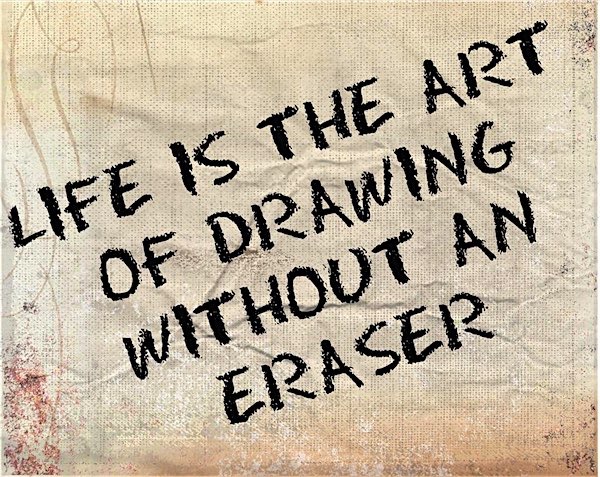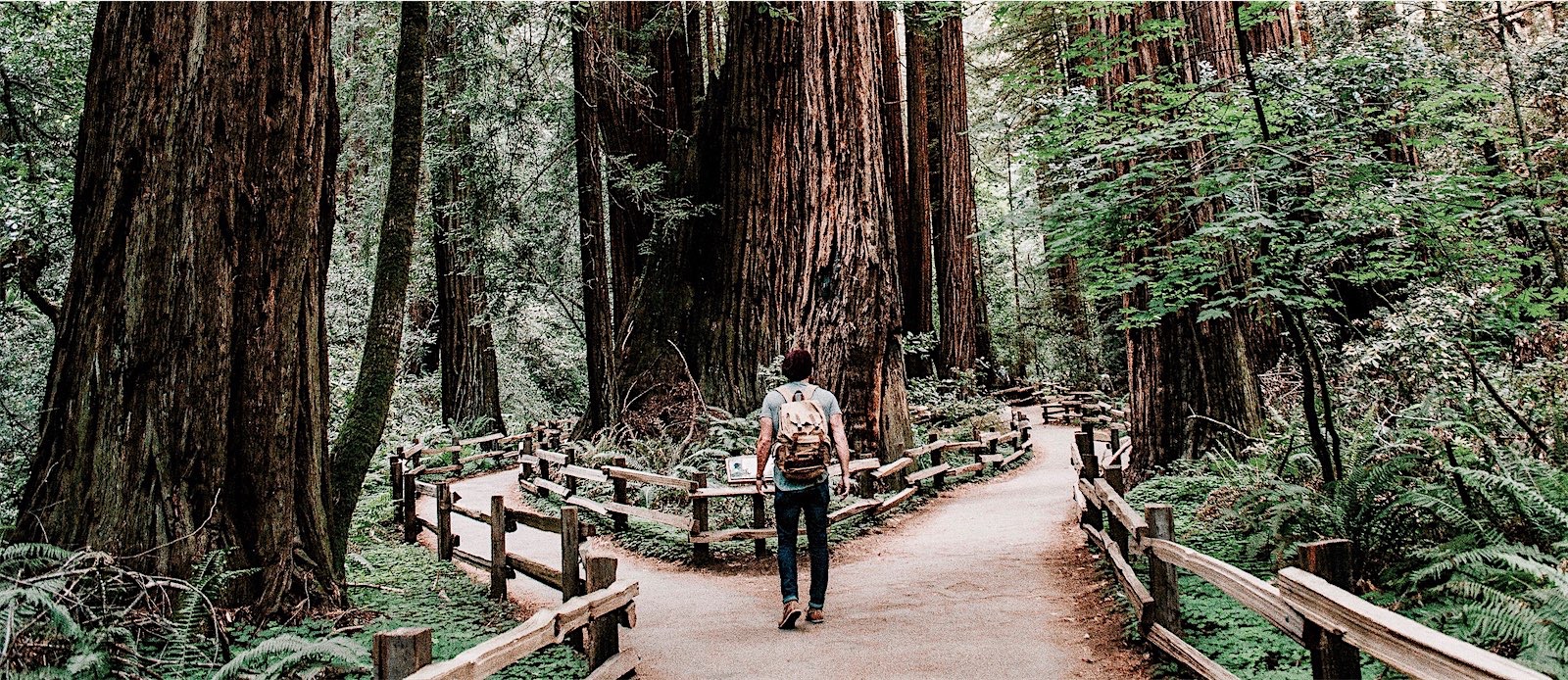Hard times we live in today. So many options to choose from. Our parents are telling us it’s one of the greatest times ever, because we don’t have to worry about food, shelter, education nor even about a job, but they don’t realise, that this whole wealth of our times is actually our biggest problem.
I have been studying the subject of quarter-life crisis and the current lack of motivation of many millennials lately a lot. I think I found the cause of it. The main difference between the previous generation (gen. X) and the current one (gen. Y) is this one:
The abundance of choice
Back in the 80s, everything was difficult. It wasn’t so easy to just “enroll into a university and get a job”. Not everybody had cash or opportunity to do that. So when we made it, they would call us a “life success”. A lot of our parents were fighting for it; and probably they tried to convince us to fight for it as well.
Fortunately, that’s not a problem anymore. At least in the western world, everything is now so super easy to get. You want to become an economist? No problem. Just spend a bit more time on maths in the high school and go into an university of economics. You’ll get a job in that field sooner or later (if only you don’t skip all the classes by drinking beer in the dorms).
However, generation Y struggles with something else: the abundance of choice. There is so many options to spend our lifetime, that the difficult thing is to actually choose one and stick to it.
For example:
- Should I stay in the current relationship with my life partner? It’s quite satisfying for now, but I'm still young, shouldn't enjoy my life first by being single?
- I don't like the field I’m studying in my university that much anymore. Should I drop it and enroll into a new one?
- I feel like everything slowed down in the place I'm living in now. Should I move out to somewhere else for the sake of adventure?
- Mhmm, or maybe let's just fuck it all? Drop this all “have a stable relationship and career” bullshit, and go travel around the world.
All of those are for sure very serious and important questions. We should definitely be asking them to ourselves. Depending on the final answer, our life will look completely different. We don't want to end up as miserable people because we took a wrong choice 20 years ago, so we think over our decisions as much as we can.
The paradox of choice
The problem is, this abundance of choice in XXI century is actually preventing us from doing any action. Welcome to the paradox of choice3: the more options you have, the more difficult it is to actually pick one.
The reason why this whole paradox exists I think is quite simple.
- When you have 1 option to choose from, the answer is obvious.
- When you have 2 options to choose from, the answer is a bit more difficult, but still easy: you eliminate one option in favour of another one.
- But when you have ~15 options to choose from, you need to eliminate 14 (!) options in order to pick the final one.
So when picking 1 option out of 15 different ones, we need to take into account the cost of not picking all the other ones.
Economists have a term for it: opportunity cost - “the loss of potential gain from other alternatives when one alternative is chosen.” 2.
So when you decide that that you want to stay in one country and have a stable job in a given career field, you need to give up all other fun-as-well options for your next ~5-10 years. Not easy, huh?
The paradox of choice is a disease of our times. Its’ main symptoms include: choice paralysis4 and dissatisfaction of the choice you had made in the end.
It already affects a lot of us. I think it is one of the main reasons that so many people are having depression lately5. Even worse, soon it will spread even more, especially with the people of generation Z coming in, and maybe even a Universal Basic Income soon after.
It's about time to stop it.
Life is full of choosing suffering
Eastern philosophies fans probably would point out that our problem starts in the beginning of our whole reasoning. That it is a mistake to think that there is something like “one optimal option”, which will make our life happy the most (like we could measure our happiness anyway). Because of this reasoning, the final option we choose, will make us much less happier6, than it would if we hadn’t been thinking in this way.
Buddha said: life is full of suffering. Thus, not until we realise it, we will always suffer from our reasoning, that our life would be better if we chose something else in the past.
But does it mean I should be indifferent during my life, neutral to my life problems and surroundings? To be satisfied with any choice I make? I don’t think so yet.
How to choose then?
There is no simple nor general answer to it.
But recently, an older man I met in a grocery store, when I was wondering whether to pick red or yellow tomatoes, told me this:
“Life is an art of choosing.”
This one simple but powerful sentence completely changed my perception of this whole problem.
Life isn’t just about making things in the most beautiful and effective way. Because if there would be just one such way of doing them, life would be actually very straightforward.
The art is to choose. To choose one option, stick to it, and do it; while maintaining the thought, that it was a good and satisfying choice for us.
Only after that we can call ourselves “life success”. We decided over something difficult and sticked to it, even though we hadn’t been sure of the final consequences. We had decided over our own future.
We gave our life its’ true meaning.
Because there is no such thing as a one and only sense of life. The one direction we should follow. We've just got to choose, which one sounds the most fun for us in the current moment, and be satisfied with it after choosing it. We cannot go back and rewind, like Mr. Nobody tried throughout the whole movie.
Moreover, if anytime you find yourself picking over a life decision, so deep that you go down to the question what is the sense of your life (because the answer to it would help you with your decision). Please, stop it. If you need to think about your sense of life, you propably already lost the track of it.
The decisions you make, the people you stick with, the things you do: those are your sense of life. You do not know your sense of life, until you decide over it on your own.

